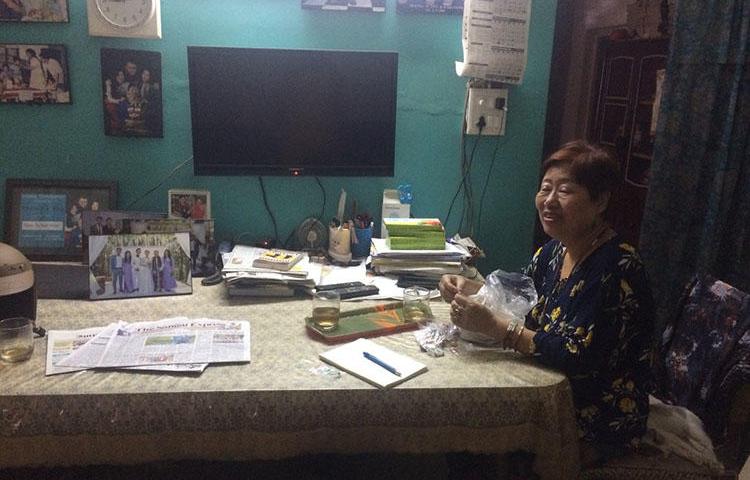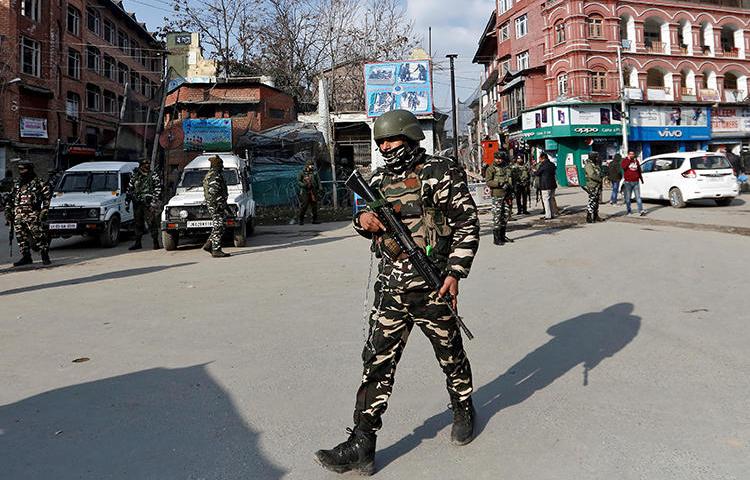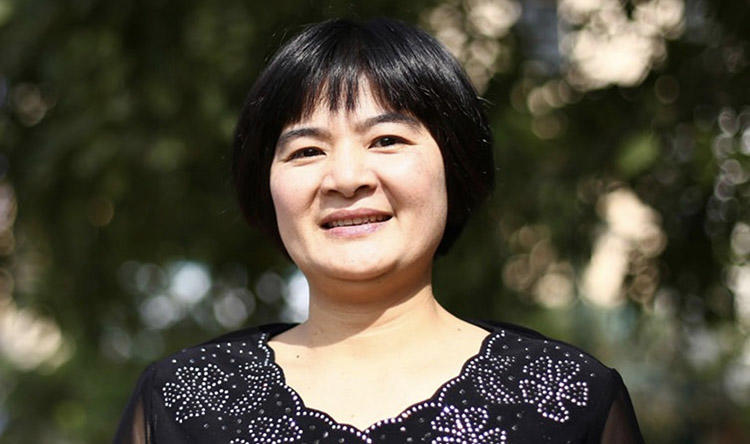Asia
2020

After WhatsApp spyware allegations, Indian journalists demand government transparency
In the summer of 2019, Saroj Giri was preparing a lecture on the panopticon—an 18th century system to surveil an entire prison from a single viewpoint—when a message lit up his phone. It was from WhatsApp, warning Giri that someone had tried to hack the popular messaging app to spy on his cell phone remotely.

Journalist Valley Rose Hungyo on running the only daily newspaper for Nagas in Manipur
Editor Valley Rose Hungyo founded the bilingual Tangkhul and English Aja Daily, the only daily newspaper among the Naga people in India’s northeastern Manipur state, in the early 1990s with her late husband. They saw a need for a Naga-language paper, amid a media scene in the state dominated by English and Manipuri outlets.

Manipur’s ex-journalist chief minister pursues Imphal Free Press for defamation
On the morning of February 1, instead of working on her usual assignments for the Imphal Free Press, journalist Babie Shirin drove with the newspaper’s publisher Mayengbam Satyajit Singh to a court on the other side of town. On arrival, they were arrested, then granted bail on a bond of 30,000 rupees (US$420) each. Their…

Pakistan broadcast regulator proposes sweeping control of internet news programs
Munizae Jahangir knew she’d be prevented from putting Mohsin Dawar on her nightly “Spotlight” talk show on Aaj TV, an Urdu-language Pakistani station. Dawar, an elected member of the national assembly, is a leading figure of the Pashtun Tahafuz Movement (PTM), which aims to boost the rights of the Pashtun people clustered in Pakistan’s western…

Lawyer Mishi Choudhury on what India shutdowns ruling means for journalists
On January 14, the Jammu and Kashmir administration partially restored mobile internet in a handful of districts, according to news reports. The administration, which is directly controlled by the Indian government, had imposed a complete communication ban in the restive region after withdrawing its special status under the Indian constitution in August 2019, as CPJ…

‘I feel like a weight has been lifted’ freelance journalist Santosh Yadav says as Chhattisgarh court ends four-year legal nightmare
On January 2, freelance journalist Santosh Yadav got his life back when the National Investigation Agency court in Jagdalpur acquitted him of charges of helping Maoists militants. The ruling marked the end of a legal nightmare that lasted over four years for Yadav, who says that he was threatened and beaten in custody, before being…
